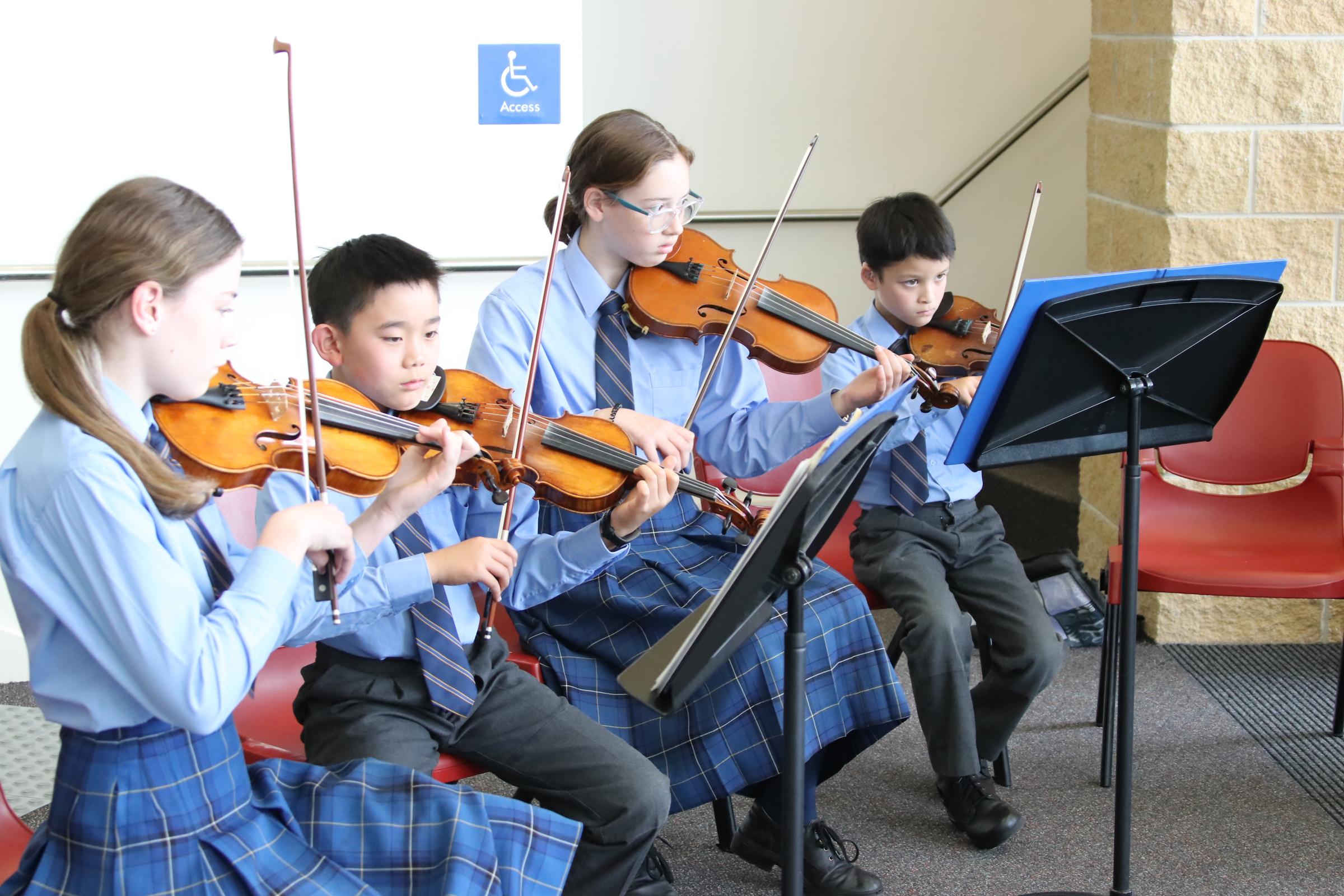Middle Years

Last Monday, we hosted the Handbury Hub Seminar in myPEC. In conjunction with the Geelong Grammar Institute of Positive Psychology, we brought together schools in the district to discuss the challenges and successes over the last 12 months as we work collaboratively to deliver Positive Education across the Western District. We discussed a strong shift towards Wellbeing Education.
Five Principles of Wise Action
Felicia Huppert, in her recent book Creating The World We Want To Live In: How Positive Psychology Can Build a Brighter Future says: “Ideas from positive psychology that have been shown to benefit individual flourishing have the potential to create flourishing at collective and societal levels”.
Felicia explains the five principles of psychological wellbeing are:
- feeling connected to others.
- having a sense of autonomy.
- feeling competent.
- paying attention to what’s working not just what is wrong.
- having a sense of meaning.
“It’s about leading a happy and fulfilled life, and this includes having a sense of meaning:
– the sense that we are contributing to something beyond ourselves.”
It would be every educator and parents dream to foster and grow these five key areas of wellbeing; in simple terms this means developing good relationships, developing independence and interdependence, feeling you are having success as you grow, being self- aware, knowing your strengths and working on your weaknesses, pursuing your passions, and finding meaning in our lives.
Three Core Capabilities
The three core capabilities that underly wise action.
- an open mind
- an open heart
- clear thinking.
Huppert says: “Open mind is noticing what is happening as it unfolds from moment to moment, within us and outside us – in other words, mindful awareness. Open heart is acting with kindness and compassion towards ourselves and other living beings. Clear thinking is making careful evaluations of information, including being willing to recognise bias, both in ourselves and others.”
This is all about being good people and being the best version of ourselves. We are fundamentally wired for kindness and compassion, and this is deeply engrained in being human. Years ago, I took a group to Melbourne to see the Dalai Lama, and he spoke passionately about having an open heart.
Finally, have you started your revision? Here are the first important steps:
- Buy a revision book, I recommend a five subject bound book, this larger book allows notes to be in one central spot. Also have a binder with plastic pockets.
- Start collating your notes and resources:
- Subject revision sheets – teachers have started distributing these to students.
- Old tests and class notes that are relevant to the exams. The exams will be mainly based on Semester Two topics, but check with your teachers, as there may be topics from Semester One that will be on the End of Year Examination.
- Start making flashcards
- Ask your teachers for advice.
- Revision will start in most classes in the coming weeks, but I recommend additional time set aside each night for revision. I recommend at least 30 minutes to an hour additional revision per night. The time spent revising soon adds up and can give you a feeling of confidence.
Mrs Julia Winter Cooke
Head of Middle Years
